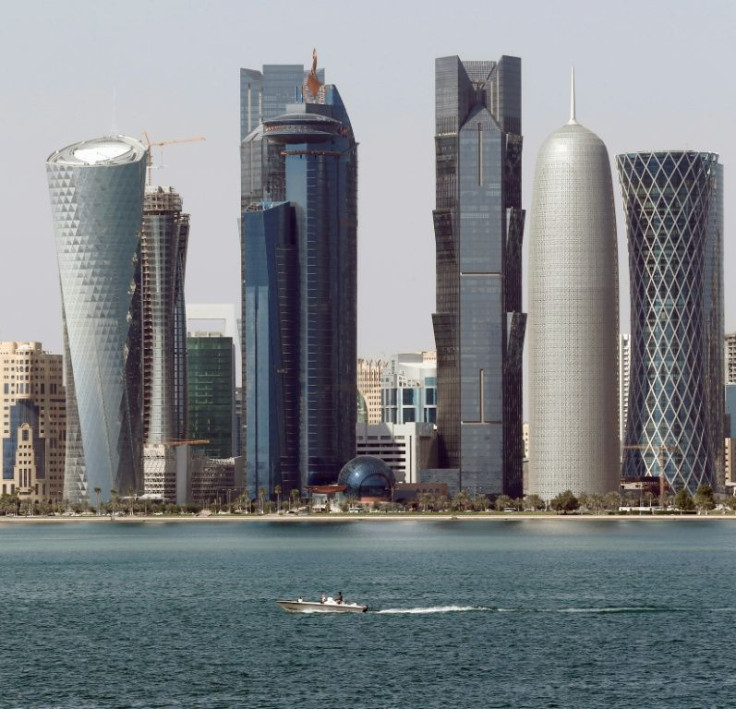Qatar Announces New Residency Scheme For Investors

Qatar announced Monday it will grant residency to foreign investors for the first time, state media reported, the latest in a series of measures designed to diversify the economy.
Foreigners investing an unspecified level of "non-Qatari capital" in the economy will be eligible for renewable five-year residency permits, the state-run Qatar News Agency reported.
Real estate developers active in Qatar's property market will also be eligible for the scheme, under the new law.
Previously, investors were required to be sponsored by a Qatari business or individual to obtain residency.
The move comes at a time of political crisis in the Gulf, with Qatar under an economic and diplomatic boycott by neighbouring countries for the past two years.
Qatar, the third largest economy in the Gulf, has also sought to secure new revenues to finance a budget deficit due to the slump in oil prices since mid-2014.
In January 2018, gas-rich Qatar announced legislation allowing 100-percent ownership for foreign investors in most sectors of the economy in a bid to boost non-energy revenues.
Previously, foreign investors could own up to 49 percent of companies listed on Qatar's stock exchange.
Monday's reforms are the latest effort by Qatar, the world's largest exporter of liquefied natural gas, to secure new revenues since the Gulf crisis took hold.
Saudi Arabia, the United Arab Emirates, Bahrain and Egypt severed ties with Qatar in June 2017, accusing it of links to extremist groups and being too close to Iran, Riyadh's regional arch-rival.
Doha has denied the charges.
Qatar has increased business with existing trade partners outside the region, announced plans to produce more gas and sought new markets.
© Copyright AFP {{Year}}. All rights reserved.





















